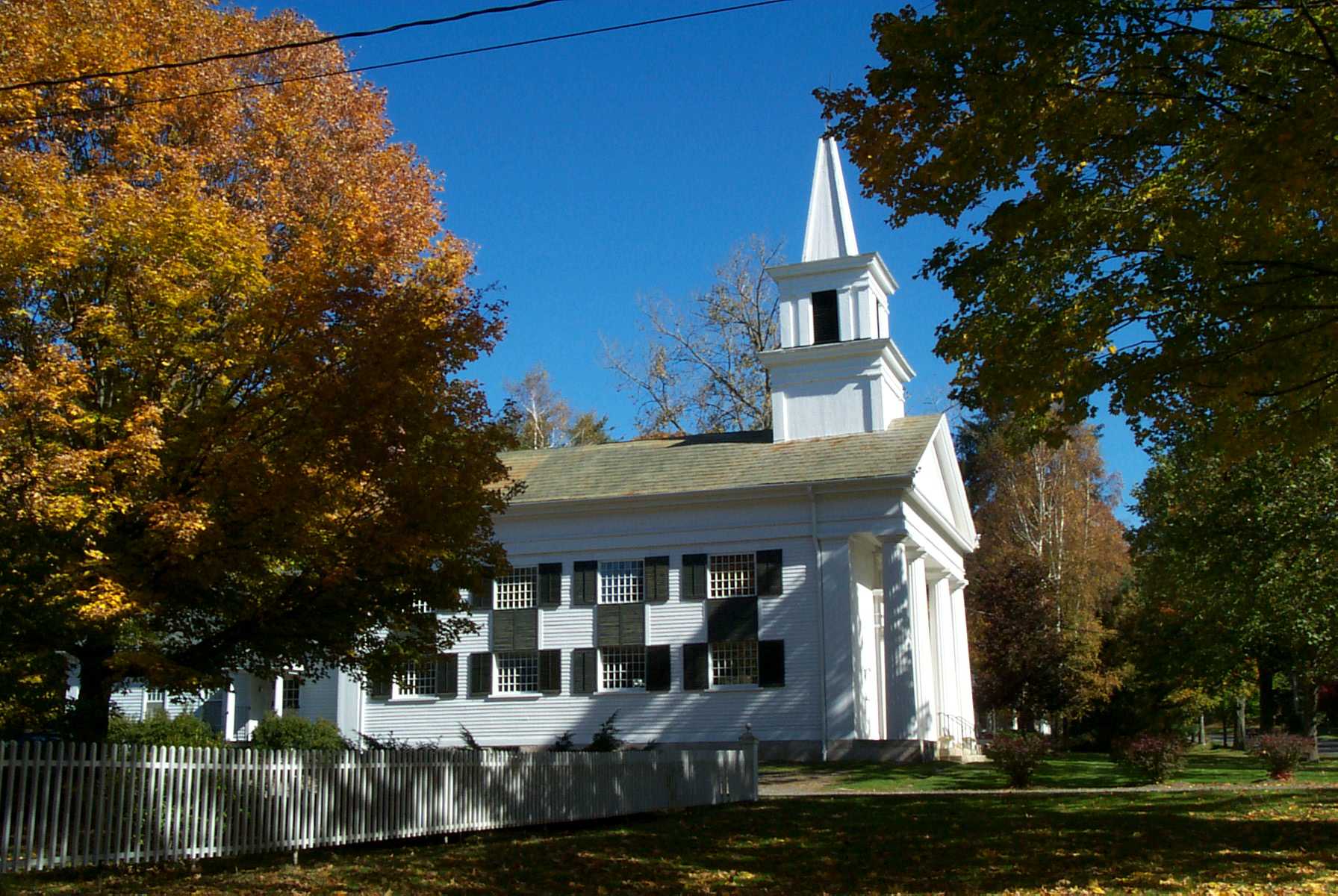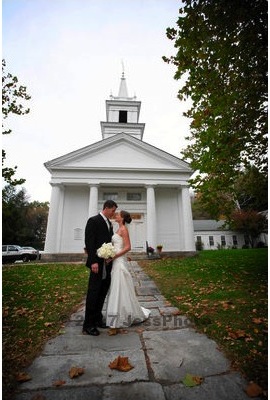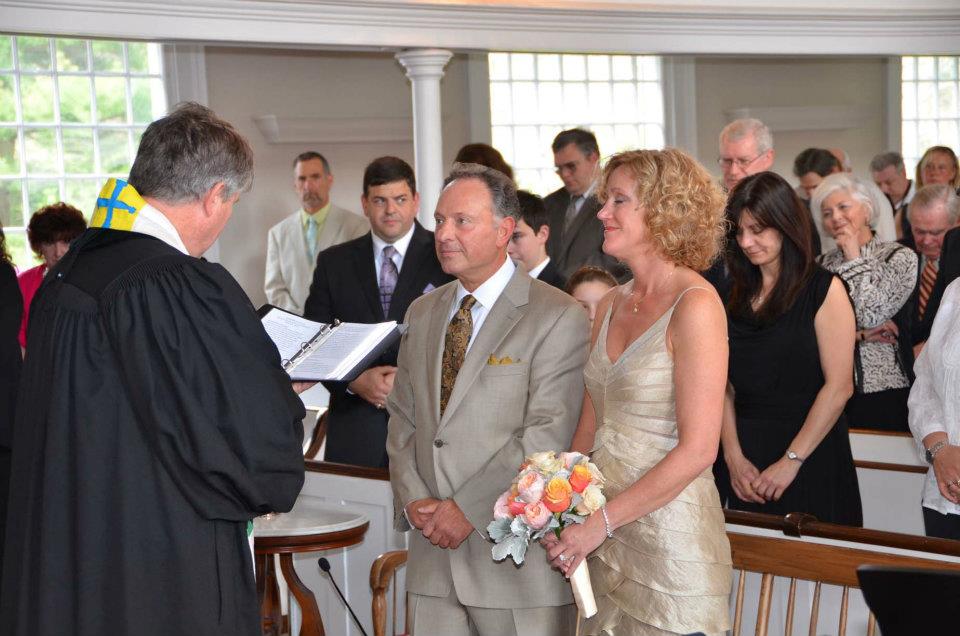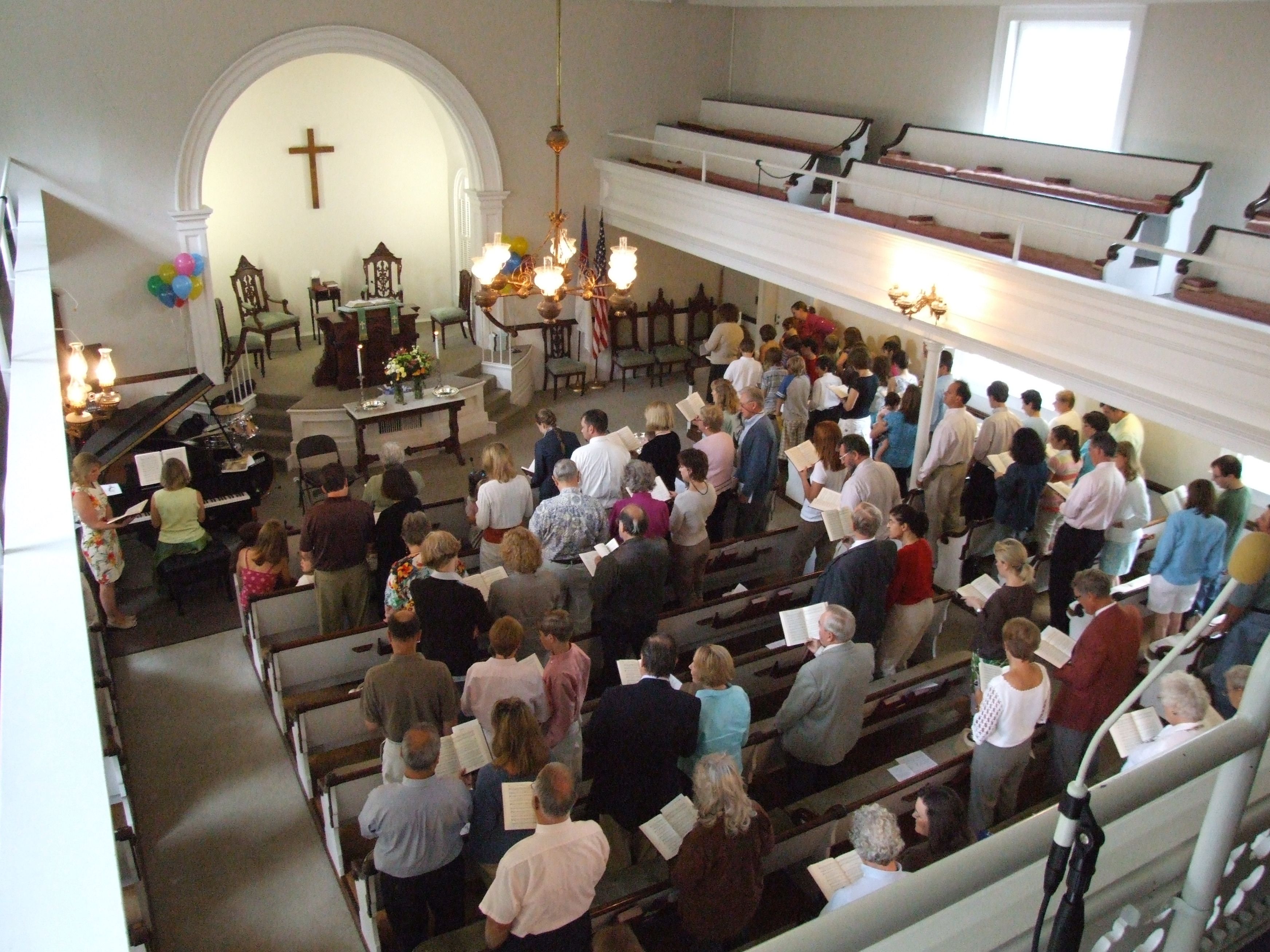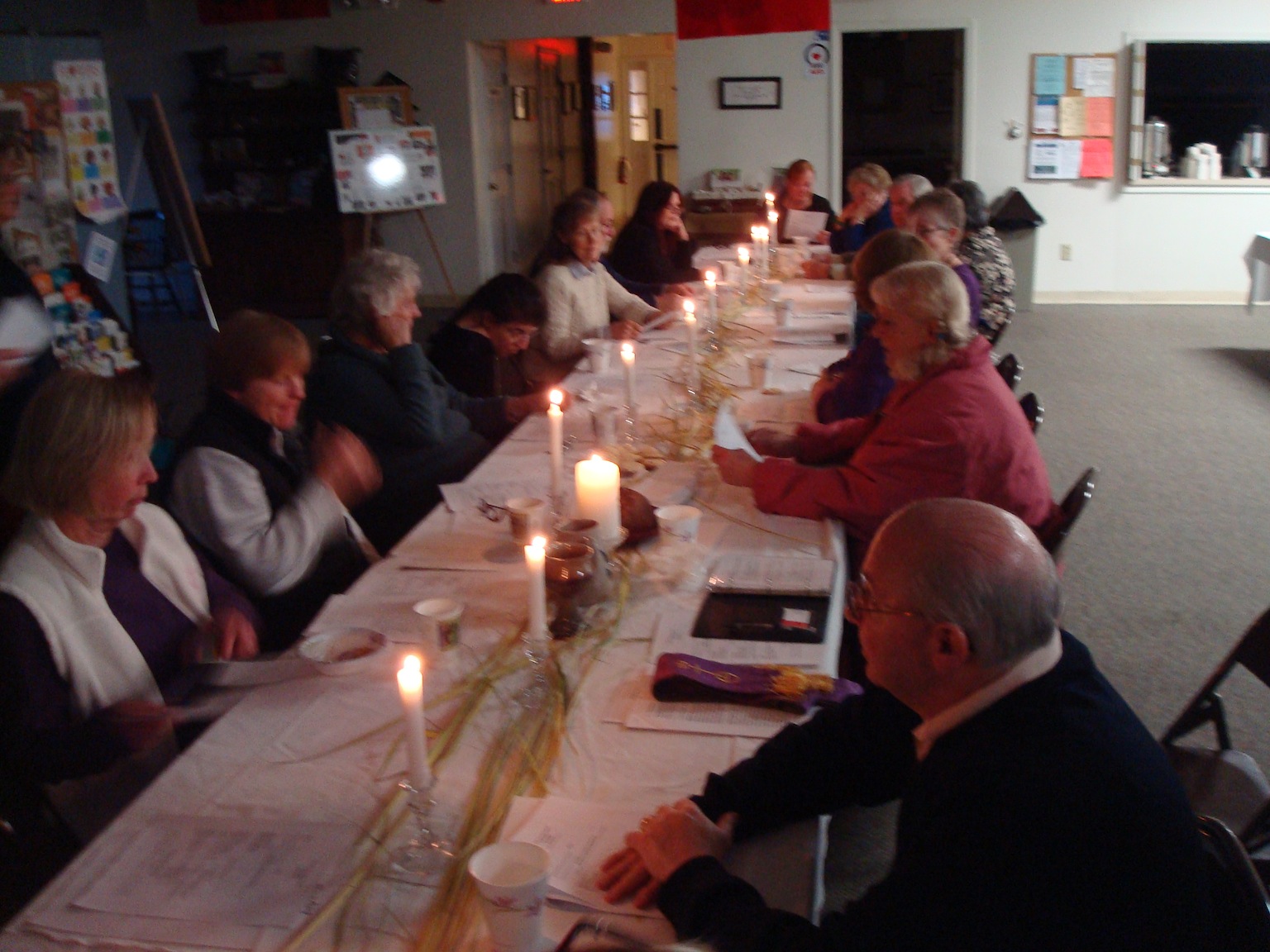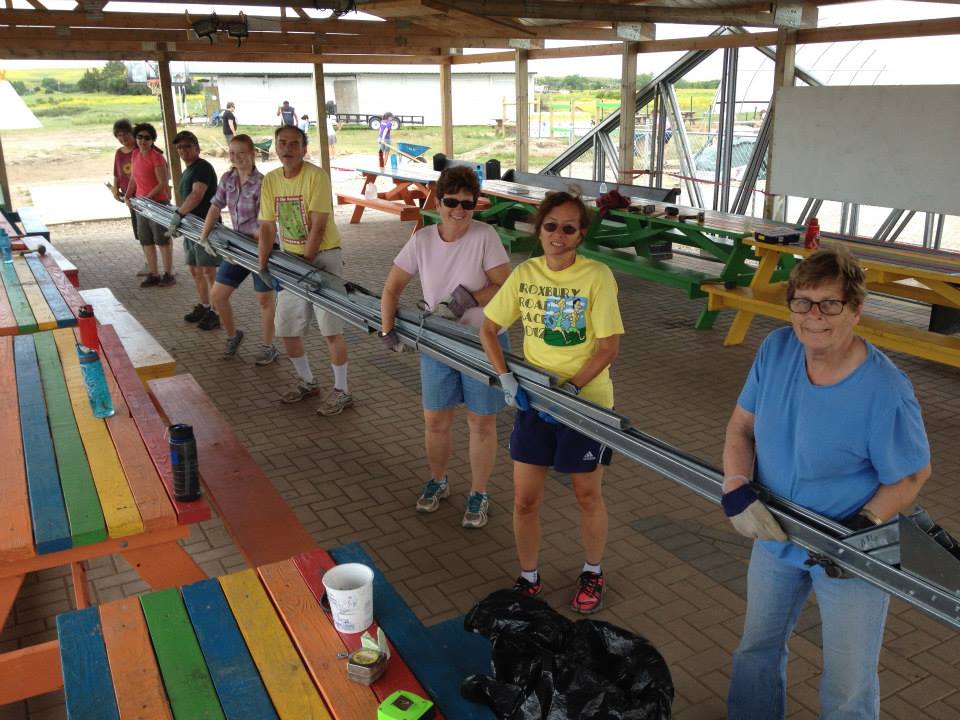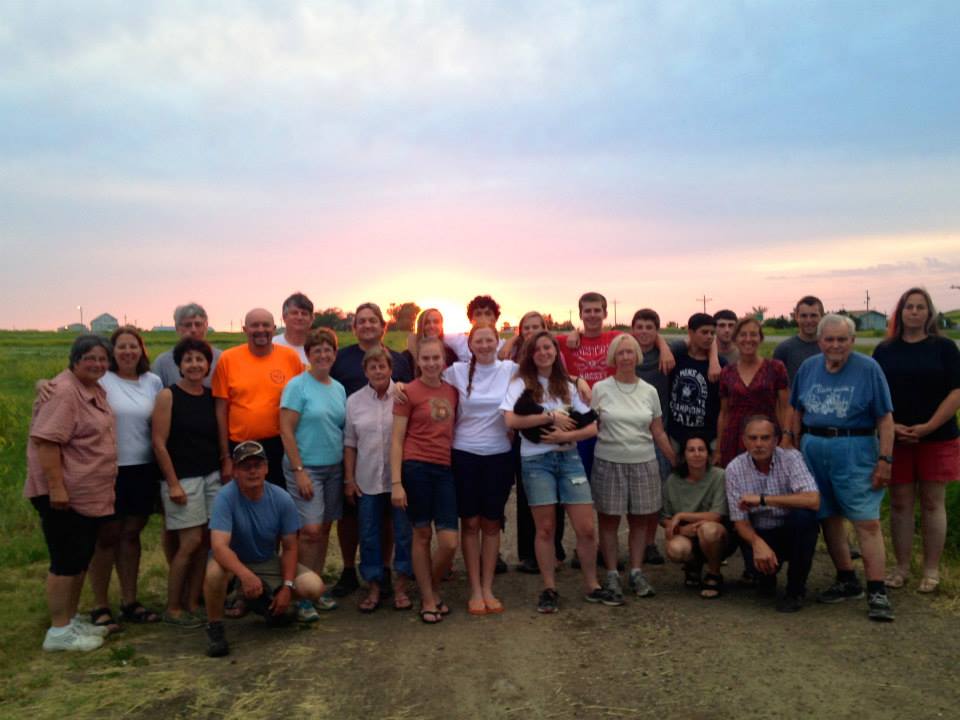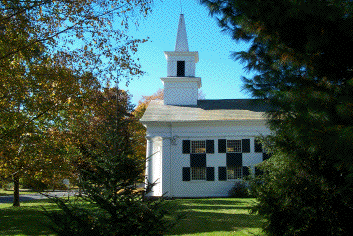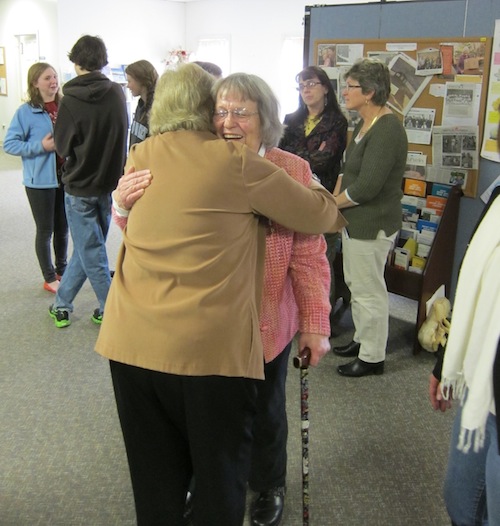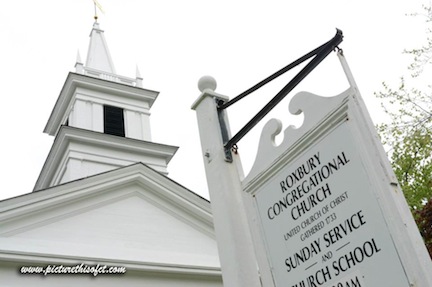Environmental Concerns
Green Church / Green Home
Becoming a Green Church!
We are seeking to be a "Green Church" by purchasing, using and recycling wisely.
And encouraging others to so the same. You will note some of the measures around the church buildings in some of the things we do.
Here are the "Action Steps" that we are taking to become a Level 1 Green Church this year.
Check back here for tips and resources.
Energy Resources (PDF) Home Heating Tips (PDF)
10 Things You Can Do to Fight Climate Change
- Get informed and stay informed on environmental issues and vote in every election you can - local, state and national. Be sure to talk to your family, friends, and neighbors about problems and solutions.
- Call your state representative and senator once a month! Make it a recurring entry in your calendar; it only takes a few minutes. Repetition is key. Say that the climate crisis is critically important to you. Ask what they have done in the last month to be proactive. To whom have they spoken to about this matter? [And even better, let others know what your elected officials are doing/not doing, and get others to also make regular calls.]
- Watch Leonardo DiCaprio’s movie “Before the Flood” (1 hr 30 min). Why? It’s eye-opening, informative, entertaining, and available online on YouTube (and it’s Leo!). Google search for “stream before the flood”. Consider hosting a viewing party.
- Investigate solar for your home – the investment can pay back in 5 to 7 years. Why? Solar produces clean electricity right on your rooftop with no pollution. Or join the Green Electricity program at Green Energy Consumer’s Alliance. Why? If you cannot go solar, this program ensures your electricity is generated from renewable sources, not fossil fuels.
- Read books about the climate crisis, conservation and biodiversity, and environmental justice. Share them with a friend. Write reviews for your congregation’s newsletter. Host a book discussion group. Start a lending library at your congregation with books and other information about the climate crisis.
- Eliminate or reduce beef from your diet. Why? Livestock production is the leading source of methane emissions, a greenhouse gas 72 times more potent than carbon dioxide and it takes 1800+ gallons of water to produce 1 pound of beef.
- Avoid packaged or prepared foods that contain palm oil. Why? Palm oil is in 40-50% of packaged or prepared foods in developed nations like the U.S. We lose 300 football fields of rainforest per hour clearing land for palm oil production. Forests are a necessary defense against a warming planet.
- Drive less. Perhaps carpooling, biking, mass transit, or walking are options for you. Why? Transportation is now the largest source of emissions in Massachusetts, Connecticut, and across the United States.
- When buying your next vehicle, consider only electric or hybrid models. Why? Even when factoring in electricity generation, electric vehicles on average produce 70% less pollution than gas vehicles.
- Use energy wisely – and save money too! Get a home or workplace energy audit and identify where you can make the most energy savings gains.
A couple of websites for additional resources:
RECYCLE
1. Enjoy outdoor recreation of some sort and promote a healthy lifestyle?
2. Buy locally grown food and locally manufactured items?
3. Collect rainwater in a rain barrel for gardening?
4. Buy items that are made of recycled materials and are not encased in layers of packaging?
5. Recycle paper, cardboard, glass, aluminum and tin cans, plastic containers, boxboard,
and other designated items rather than just throwing them away?
REDUCE
1. Protect your home using thermal windows, shades, and doors,
and extra insulation in your attic?
2. Take fewer baths and shorter showers and turn off water
when you are not actually using it?
3. Turn off lights when you leave the room and use timers and motion sensors
with security lighting?
4. Walk or bike or use mass transit to get to work rather than use a car?
5. Buy Energy Star appliances when the old ones need to be replaced?
6. Use compact fluorescent lights for lighting inside and out?
7. Avoid excess and waste in your daily routines of life?
8. Maintain an efficiently operating heating system?
9. Keep your car engine tuned up properly and the tires inflated
to the recommended pressure?
10.Use pesticides and herbicides sparingly and responsibly around your home or
avoid them altogether?
REUSE
1. Compost your garden, yard, and vegetable waste?
2. Discover new uses for old items?
3. Carry home your purchased items in a reusable fabric bag
rather than accepting the paper or plastic bags?
RETHINK
1. Landscape your yard with native plants and plant trees strategically for shade?
2. Find new, creative, and earth-friendly ways of doing things and share them with others?
3. Seek more opportunities to learn more about environmentally friendly life ethics,
sustainable living, and natural resource conservation and bring a friend with you?
(Courtesy of White Memorial Foundation of Litchfield)
